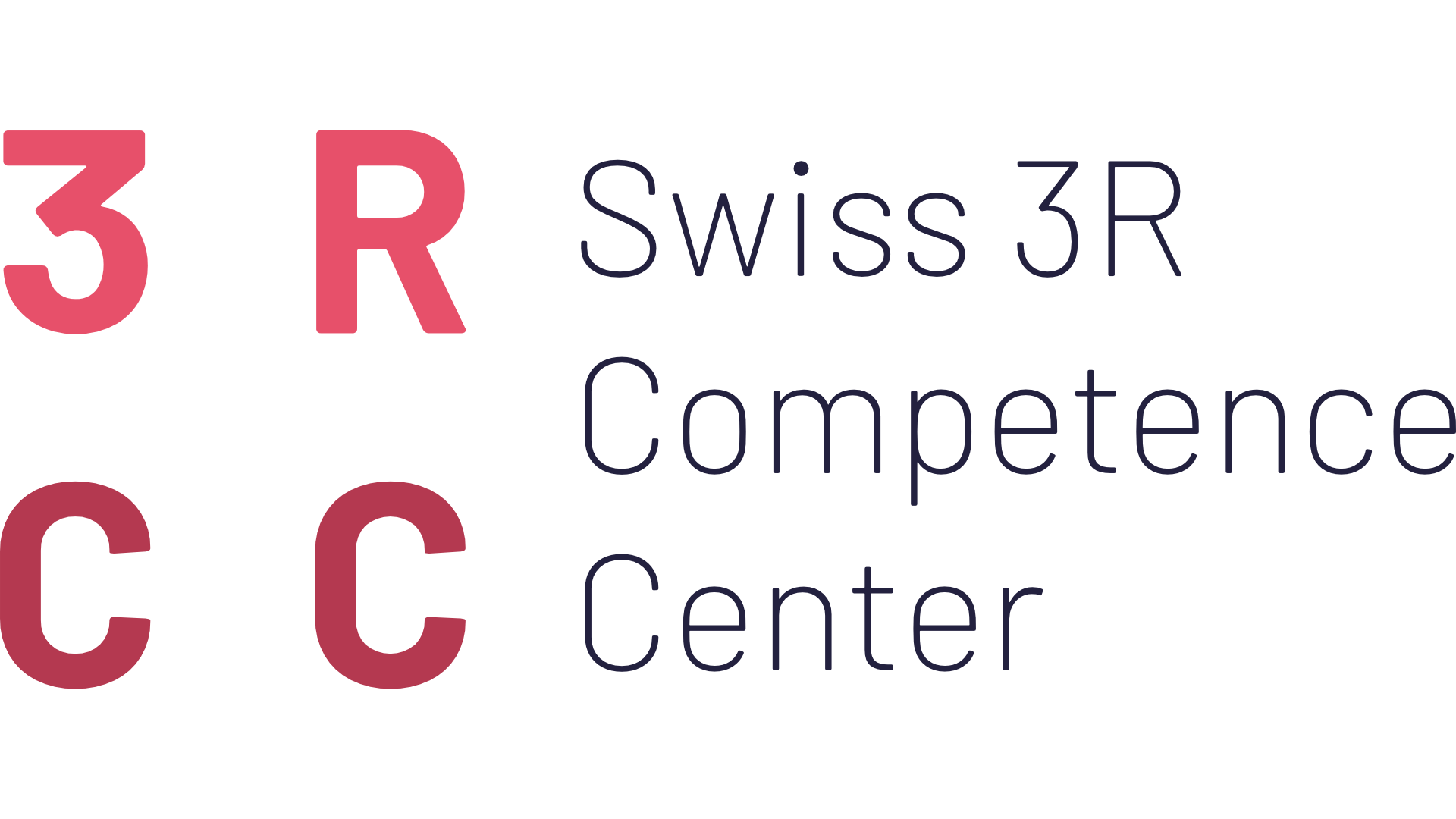BACKGROUND
Functional assessment of PNET biology has been hindered by the paucity of relevant human models. Only a handful of authentic human PNET cell lines are currently available, and studies relying on genetic and xenograft mouse models are time and cost intensive and not amenable to automation and high-throughput settings. An organoid is a three-dimensional tissue grown in culture that resembles a particular organ in its morphology and cell lineage characterisation, retaining genetic and phenotypic stability. Organoids are a low cost alternative to many animal experiments and more representative than 2D cell line studies. The first three PNET patient-organiods (PDOs) have been recently established by the host lab. Importantly, they are suited for long-term culture and assessment and are amenable to CRISPR-based gene silencing (10.1016/j.cell.2020.10.023). Thus, these PDOs provide an extremely valuable resource for our research and will allow us to replace our animal experimentation. We would like to learn the protocol for culturing these PDOs and establish and expand these models in our own lab.
The long-term culturing ability of the PDOs is highly relevant for our longitudinal mapping of phenotypic changes associated with ADR and the requirement for epigenetic and metabolic drugs to alter differentiation and metabolic reprogramming. For example, we will use multivariate analysis and machine learning of high-content imaging data to study in a high throughput setting the longitudinal morphometric and fluorometric changes of the PDOs in response to a variety of approved clinical drugs to determine key time points of ADR in an unbiased way. Material will be harvested at data-determined time points for molecular profiling. A costly and time-consuming alternative with a large number of animals, involves mouse xenograft establishment followed by longitudinal tumor resection from treatment start, during tumor regression and stable/residual disease up until relapse of tumor growth which usually takes several months.

